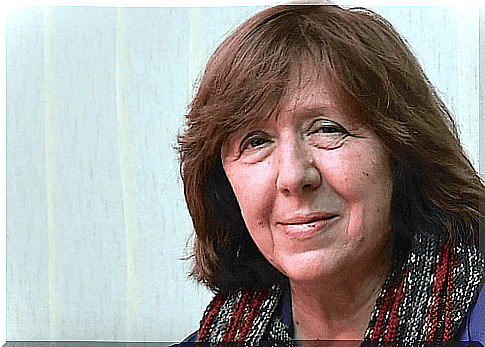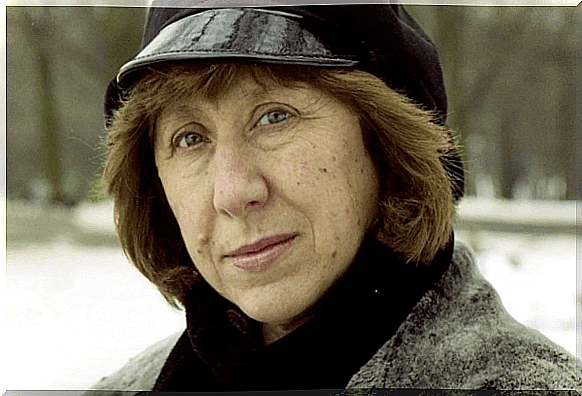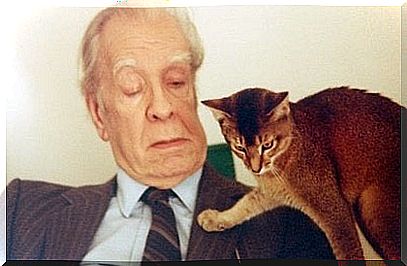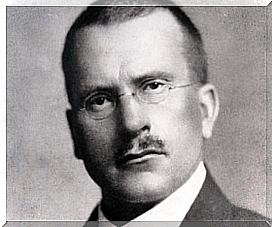Svetlana Alexievich, Biography Of A Fabulous Columnist

Many people had never heard of Svetlana Alexievich before 2015, when she was awarded the Nobel Prize for Literature. For many, this was a big surprise. Indeed, it was the first time in history that a journalist received this award thanks to work focused on the chronicle.
The award had so far only been given to poets and fiction writers. Svetlana Alexievich’s work, on the other hand, was inspired by perfectly real characters and facts. She, better than anyone, was able to portray the reality of the Soviet orbit and of her own homeland, Belarus.
His most iconic book, Voix de Tchernobyl, has been translated into 20 languages, including French. However, she was unable to publish it in her country because it was banned. This fact gives us an idea of the importance and value of this fabulous contemporary writer.

Echoes of childhood
Svetlana Alexievich was born accidentally in a Ukrainian town called Stanislav. We say “accidentally” because his father, who was a Belarusian soldier, was temporarily assigned to this place. Nonetheless, he returned to his homeland soon after. This is where the writer spent her childhood and a good part of her life.
The city of Stanislav is the scene of such an unstable history. It was part of the Austro-Hungarian Empire, Western Ukraine, Poland, the Soviet Union, Germany and finally, Belarus. The city no longer even exists as such. It is now called Ivano-Frankivsk. What is paradoxical is that Svetlana works in a genre that some call “voice novel”.
Svetlana was born on May 31, 1948. Her father, besides his link with the militia, was a teacher in rural areas, as was her mother. His childhood and his youth were marked by the political inestability of his country. Later, she began studying journalism at the University of Minsk.
Svetlana Alexievich, a daring journalist
Svetlana Alexievich was strongly inspired by Soviet writer Ales Adamovich. He was one of the precursors of a new genre known as the “epic choir” or “oratory novel”. This genre, ultimately, is a hybrid between journalism and literature.
After working for some newspapers, Svetlana Alexievich began to focus on long-term work. She also became a tireless traveler, crossing borders to obtain testimonies from survivors of great historical facts. This is how she began to give shape to fabulous reports.
In 1985, she published her first book: War Does Not Have a Woman’s Face . This book contained numerous interviews with women who had participated in World War II. For this job, she was fired from the newspaper where she was then hired and accused of sullying the national honor of the Soviets.
A brave woman
After hard work and many interviews, Svetlana Alexievich published in 1989 her work Les coffins de zinc . The 500 people interviewed had participated in the Soviet Union’s invasion of Afghanistan. In this book, Svetlana denounces the many cases of human rights violations. Her denunciations sent her to appear in court.
Her critical posture vis-à-vis the Soviet regime led her to seek political asylum in 1991. From then on, she was forced to reside in several European countries.
In 1997, she published Voices from Chernobyl, which could be considered her masterpiece. She presents the testimonies of the victims of the nuclear accident that took place in this city. She spent 10 years gathering the material and her work demonstrated the serious mistakes of the authorities in the said tragedy.

Disappointment and glory
Svetlana Alexievich is one of those writers who explores human dramas to their final consequences. His works are very touching because they manage to convey the deep paradoxes of great historical facts, especially those concerning the Soviet Union and its aura of influence.
She herself suffered directly from these serious events. As a child, when her parents systematically had to flee war, and as an adult, when her sister died and her mother went blind from the Chernobyl nuclear accident . In addition, she had to suffer the difficulties of exile and the impossibility of returning to her country.
His work has won him several prizes, but obviously the greatest of them has been the Nobel Prize. She was the first (and so far the only) non-fiction writer to achieve this merit. Today, she still continues to write and try to understand human wickedness and goodness.










